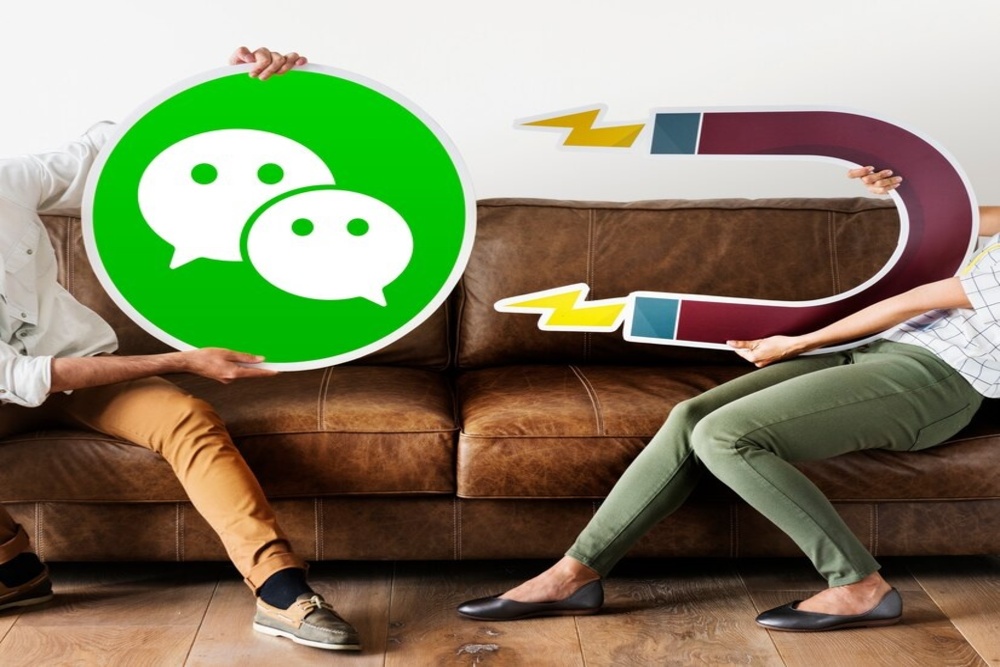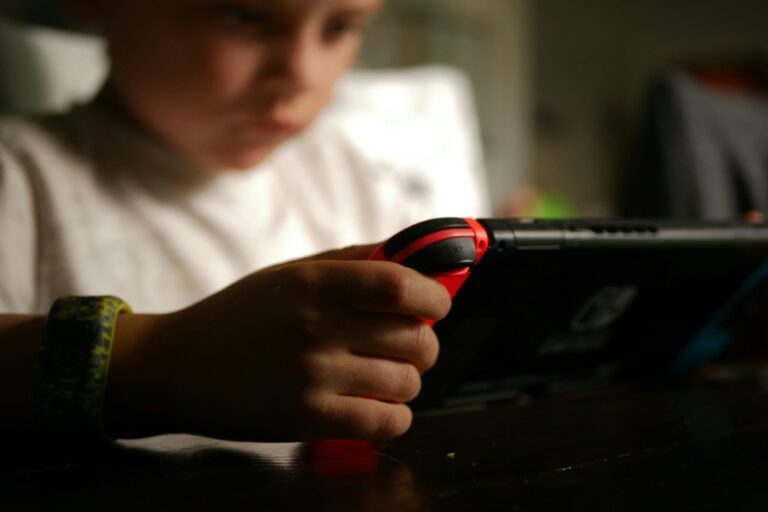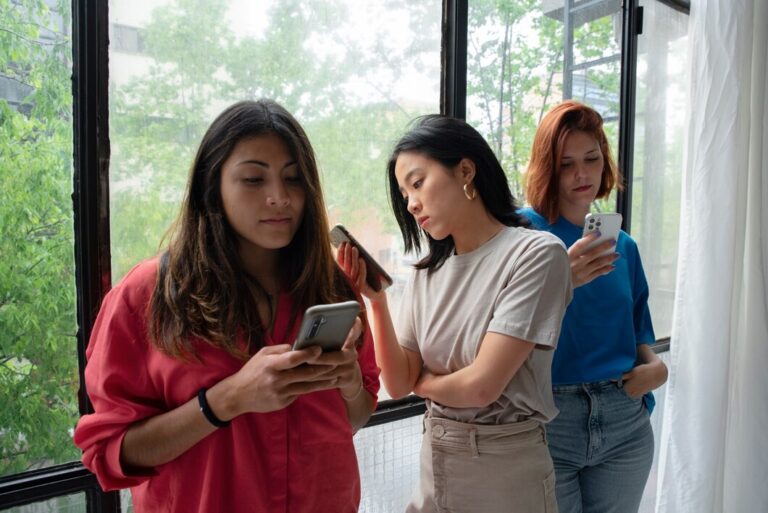
Ever wonder why you can’t stop scrolling through social media, even when you know you should be doing something else? It’s not just a lack of willpower. Social media platforms are deliberately designed to be addictive, exploiting a powerful neurochemical in your brain: dopamine. This isn’t a conspiracy theory; it’s a well-understood scientific principle.
This blog post will delve into the “dopamine effect,” explaining how social media hijacks your brain’s reward system, creating a cycle of craving and compulsion. More importantly, you’ll learn practical strategies to break free from this cycle and regain control over your time and attention. Are you ready to understand the science behind your scrolling?

Dopamine 101: The Brain’s Reward Chemical
To understand how social media affect your brain, you first need to understand dopamine.
What is Dopamine?
Dopamine is a neurotransmitter, a chemical messenger that plays a crucial role in several brain functions, including:
- Motivation: Dopamine drives you to seek out rewards and pursue goals.
- Pleasure: Dopamine is released when you experience something pleasurable, like eating delicious food, having sex, or achieving a goal.
- Learning and Memory: Dopamine helps reinforce behaviors that lead to rewards, making you more likely to repeat them.
The Reward Pathway
Dopamine works within a specific brain circuit called the mesolimbic pathway, often referred to as the “reward pathway.” When you experience something rewarding, neurons in this pathway release dopamine, creating a feeling of pleasure and reinforcing the behavior that led to the reward. This is a fundamental survival mechanism designed to motivate us to engage in behaviors that are essential for our survival and well-being.
Dopamine and Anticipation
Crucially, dopamine isn’t just released when you receive a reward; it’s also released in anticipation of a reward. This is what drives you to seek out pleasurable experiences. The anticipation of a reward can sometimes be even more powerful than the reward itself.
Social Media: A Dopamine Slot Machine
Social media platforms are expertly engineered to exploit the dopamine-driven reward pathway, turning them into highly addictive “digital slot machines.”
Variable Rewards: The Key to Addiction
The key to social media’s addictiveness lies in variable rewards. Unlike predictable rewards (e.g., getting paid for work), variable rewards are unpredictable and intermittent. Think of a slot machine: you don’t win every time you pull the lever, but the possibility of winning keeps you hooked.
Social media uses the same principle:
- Notifications: Every like, comment, share, or new follower notification delivers a small dopamine hit. You never know when you’ll get a notification, or how many you’ll get, making it highly compelling.
- Endless Scroll: The infinite scroll feature ensures that there’s always more to see. You never know what the next post will be – a funny meme, a shocking news story, a photo of a friend – keeping you engaged in anticipation.
- Personalized Feeds: Algorithms curate your feed to show you content that you’re likely to find engaging, based on your past behavior. This maximizes the chances of triggering dopamine release.
The Feedback Loop
This creates a powerful feedback loop:
- Trigger: You feel bored, lonely, stressed, or simply have a free moment.
- Action: You open a social media app.
- Variable Reward: You receive likes, comments, see interesting content, or get a notification. This triggers dopamine release.
- Investment: You spend time engaging with the platform, reinforcing the behavior.
This loop repeats itself, strengthening the neural pathways associated with social media use and making it increasingly difficult to resist the urge to check your phone.
The Hijacking of Attention
This constant stimulation and dopamine release hijacks your attention, making it harder to focus on other tasks, especially those that require sustained effort and don’t offer immediate gratification. It’s like trying to concentrate while a siren is constantly blaring.
The Consequences of Dopamine Overload
This constant pursuit of dopamine-driven rewards through social media can have significant consequences for your mental and emotional well-being.
Increased Anxiety and Depression
Studies have shown a correlation between heavy social media use and increased levels of anxiety and depression. This may be due to several factors, including:
- Social Comparison: Constantly comparing yourself to others can lead to feelings of inadequacy and low self-esteem.
- FOMO (Fear Of Missing Out): Seeing others’ curated online lives can trigger feelings of anxiety and social exclusion.
- Cyberbullying: Online harassment and negativity can have a devastating impact on mental health.
- Sleep Disruption: The blue light and mental stimulation from social media use before bed can interfere with sleep, which is crucial for mental well-being.
Reduced Attention Span and Focus
The constant distractions and rapid-fire stimulation of social media can make it harder to focus on tasks that require sustained attention, like reading, studying, or working.
Decreased Productivity
Excessive social media use can significantly reduce productivity, as it takes time and mental energy away from other important tasks.
Weakened Real-life Relationships
Spending excessive time online can detract from real-life relationships, leading to feelings of loneliness and isolation, even when seemingly “connected” to hundreds or thousands of people online.
Taking Back Control: Strategies to Break the Cycle
Breaking free from the dopamine-driven grip of social media requires conscious effort and a commitment to changing your habits.
Awareness is Key
The first step is to become aware of your social media use and its impact on your life. Track your screen time, notice your triggers, and pay attention to how you feel before, during, and after using social media.
Set Limits and Boundaries
Use built-in features or third-party apps to set time limits for social media use. Turn off notifications, or at least limit them to essential contacts.
Create Tech-free Zones and Times
Designate specific times and places where you won’t use your phone or other devices, such as mealtimes, bedtime, or during social gatherings.
Find Alternative Activities
Replace the time you would normally spend on social media with activities that provide genuine satisfaction and fulfillment, such as:
- Spending time in nature
- Exercising
- Reading
- Pursuing hobbies
- Connecting with loved ones in person
- Practicing mindfulness or meditation
Practice Digital Minimalism
Consider adopting a “digital minimalist” approach, intentionally limiting your use of technology to only those tools that truly add value to your life
Seek Professional Help
If you’re struggling to control your social media use and it’s significantly impacting your life, consider seeking professional help from a therapist or counselor.
Conclusion: Reclaim Your Brain, Reclaim Your Life
Social media platforms are designed to be addictive, exploiting the dopamine-driven reward system in your brain. Understanding how this works is the first step towards breaking free from the cycle of compulsion and regaining control over your time, attention, and well-being. By implementing the strategies outlined in this post, you can reclaim your brain, cultivate healthier habits, and live a more fulfilling life, both online and offline. The power to choose is yours.
Take the first step towards breaking free from social media’s grip today. Choose one strategy from the list above and commit to implementing it for the next week. Share your experiences and any tips you discover in the comments below!
Frequently Asked Questions (FAQs)
Q1: Is all dopamine bad?
A1: No! Dopamine is essential for motivation, pleasure, and learning. The problem arises when our dopamine system is hijacked by artificial stimuli like social media, leading to unhealthy behaviors.
Q2: How long does it take to break a social media addiction?
A2: There’s no set time frame. It depends on the individual, the severity of the addiction, and the strategies used. Consistency and commitment are key.
Q3: Can I still use social media in moderation?
A3: Yes! The goal isn’t necessarily to eliminate social media entirely, but to use it intentionally and mindfully, rather than letting it control you.
Q4: What are some signs of social media addiction?
A4: Signs include: excessive time spent on social media, neglecting responsibilities, feeling anxious or irritable when unable to access social media, lying about usage, and experiencing negative consequences in relationships or work.
Q5: How can I use my phone without being constantly distracted?
A5: Turn off notifications, check on a schedule.






